Borders and Limitations: The IMS Blog
Launched in December 2021, the Institute for Migration Studies’ “Borders and Limitations” blog is designed to serve as a platform that publishes content from scholars, practitioners, policymakers, researchers and students on pressing and ongoing intersections within the Migration and Forced Migration discourses. The “Borders and Limitations” blog is edited by the Institute’s Director, Dr. Jasmin Lilian Diab, and Strategic Communications Writer, Luther J. Kanso.
The “Borders and Limitations” blog has an open and ongoing call for submissions. Accepted submissions are typically between 800 and 1,200 words. The blog adopts direct hyperlinks as its referencing style. Areas of focus of this blog include (but are not limited to):
- Diaspora-Homeland Relations
- International Migration and Refugee Law
- Refugee and Displacement Studies
- Migrant Domestic Workers and Labor Migration
- Gender and Migration
- Refugee and Migrant Health
- Humanitarian Settings and Conflict
- Migration and Asylum Policy
- Statelessness, Citizenship, Identity and Transnationalism
- Environmental Migration and Displacement
Articles
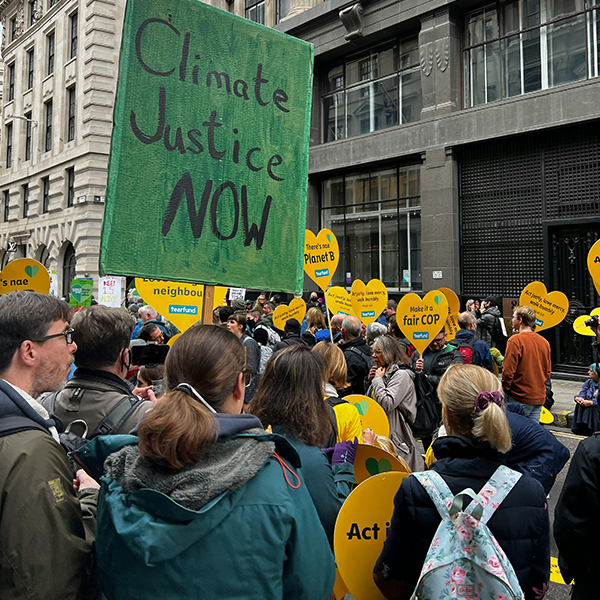 Bridging Climate, Migration, and Justice: Reflections from ECMN25
Bridging Climate, Migration, and Justice: Reflections from ECMN25
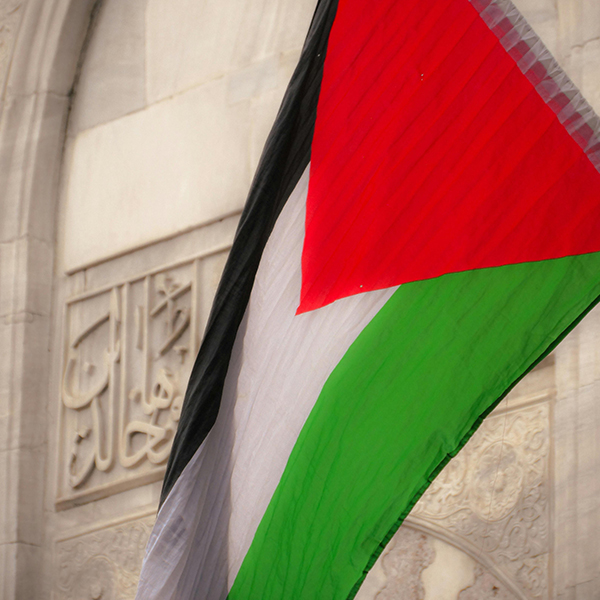 Lebanon’s First Refugee Crisis and the Paradox of Non-Integration
Lebanon’s First Refugee Crisis and the Paradox of Non-Integration
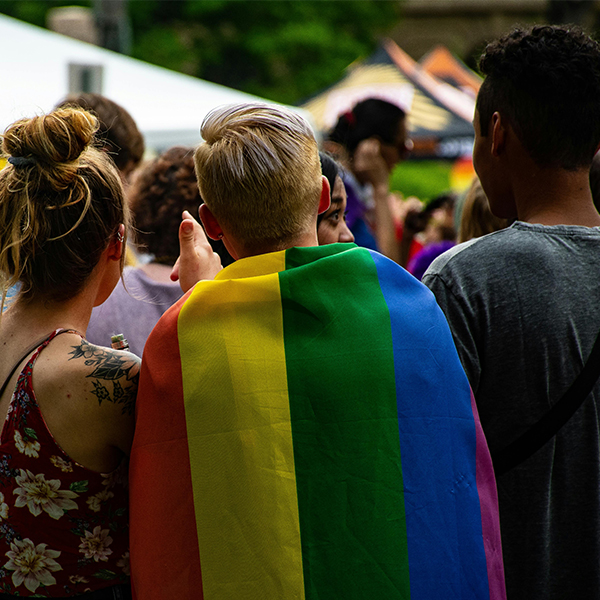 No Shelter but Each Other: Displaced LGBTQ+ Testimonies from Lebanon During Israeli Aggression
No Shelter but Each Other: Displaced LGBTQ+ Testimonies from Lebanon During Israeli Aggression
 Behind the Scenes: International Law and Human Rights Violations of Migrant Workers in the United Arab Emirates
Behind the Scenes: International Law and Human Rights Violations of Migrant Workers in the United Arab Emirates
 The EU and Colonial Continuities: The Externalisation of Migration to Lebanon and Its Impact on Syrian Refugees
The EU and Colonial Continuities: The Externalisation of Migration to Lebanon and Its Impact on Syrian Refugees
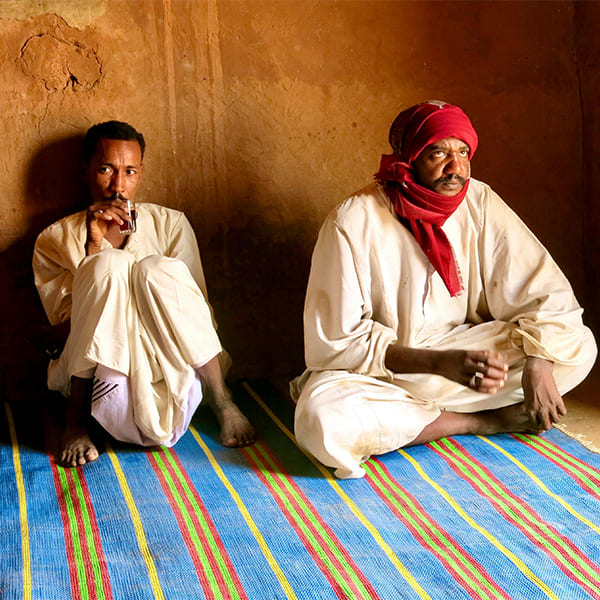 Sudanese Displacement in Egypt: Rewriting Agency, Refugeeness and Visibility
Sudanese Displacement in Egypt: Rewriting Agency, Refugeeness and Visibility
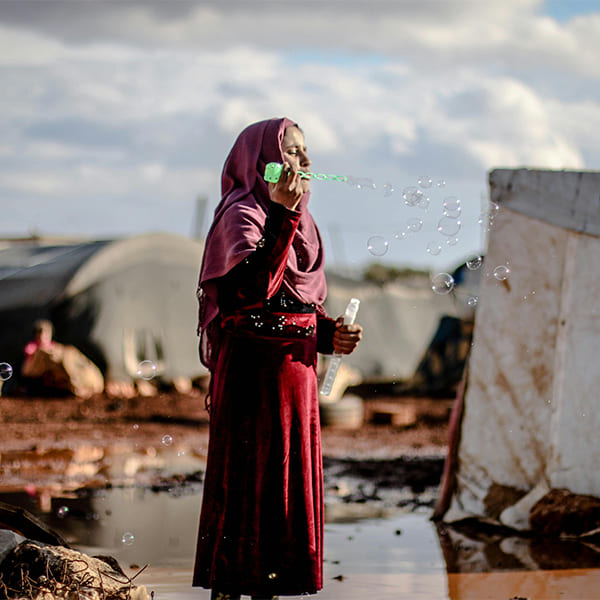 Meaningful Research Engagement With the Migrant Communities We Serve: Insights From a Global Roundtable
Meaningful Research Engagement With the Migrant Communities We Serve: Insights From a Global Roundtable
 Reframing Resilience in a Contested Landscape
Reframing Resilience in a Contested Landscape
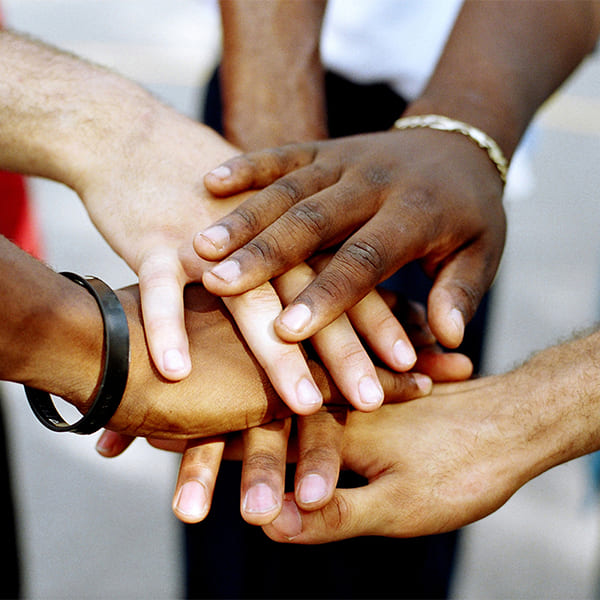 On Community-based Resilience in Lebanon
On Community-based Resilience in Lebanon
 Refugees and Migrants Missing from the Table: Mapping AI Policy Gaps and Proposing an Inclusive Agenda in the Arab Region
Refugees and Migrants Missing from the Table: Mapping AI Policy Gaps and Proposing an Inclusive Agenda in the Arab Region
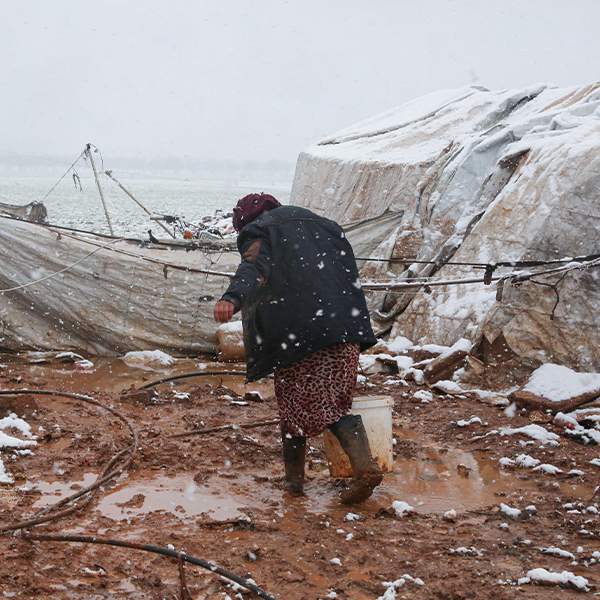 Permanent Temporariness and Climate Outsiders: Refugee Camps as Ecological Sacrifice Zones in the MENA Region
Permanent Temporariness and Climate Outsiders: Refugee Camps as Ecological Sacrifice Zones in the MENA Region
 Armenian Women, Cuisine, and Resilience: Cherishing the Past and Building the Future in Lebanon
Armenian Women, Cuisine, and Resilience: Cherishing the Past and Building the Future in Lebanon
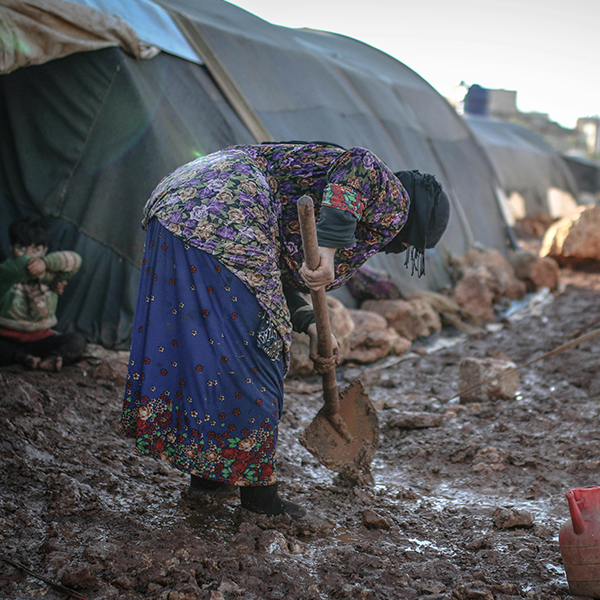 The Hidden Costs of Celebrating Syrian Women’s ‘Resilience’ and Questions of Return
The Hidden Costs of Celebrating Syrian Women’s ‘Resilience’ and Questions of Return
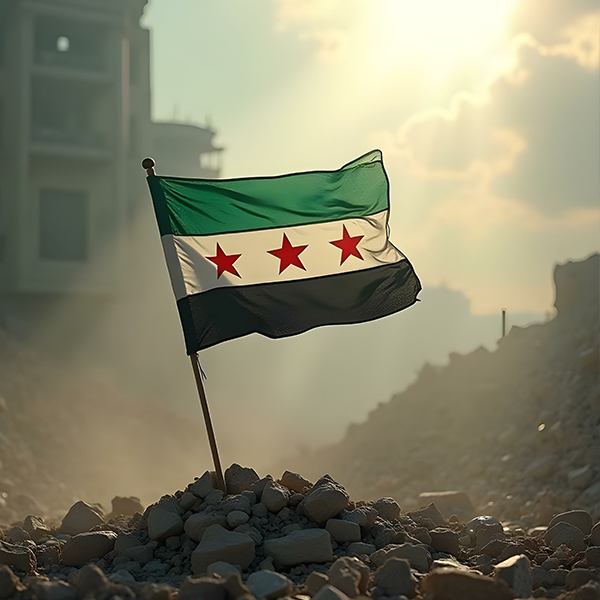 Whose Justice, Where? Long-term Displacement and Transitional Justice in Post-Assad Syria
Whose Justice, Where? Long-term Displacement and Transitional Justice in Post-Assad Syria
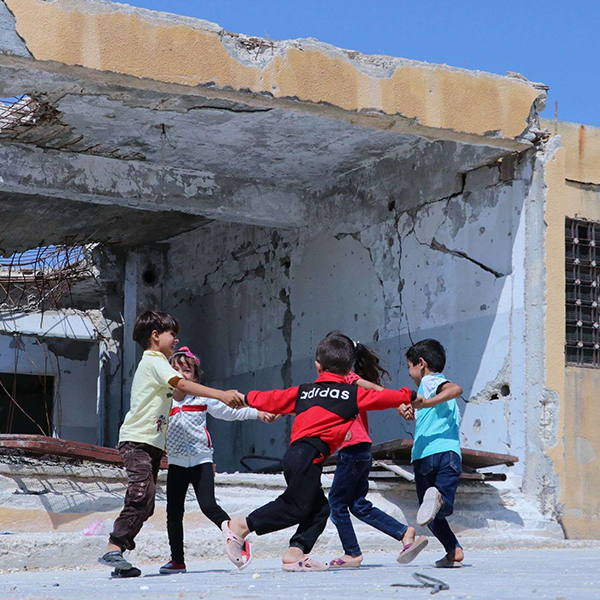 Children at a Crossroads: Hope and Hardship in Post-Assad Syria
Children at a Crossroads: Hope and Hardship in Post-Assad Syria
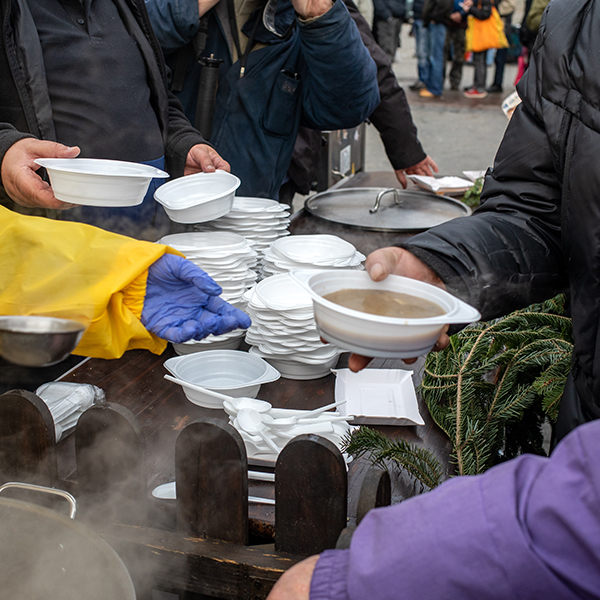 Resilience in Action: Refugee-Led Organizations Respond to Crisis in Lebanon
Resilience in Action: Refugee-Led Organizations Respond to Crisis in Lebanon
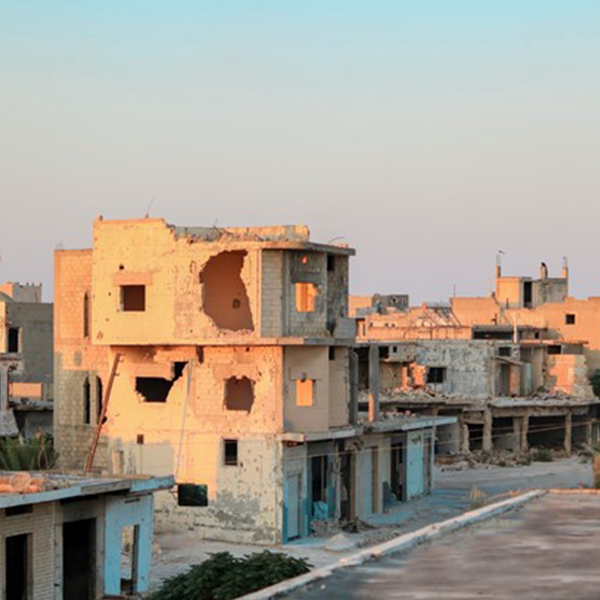 Syrian Repatriation: Too Soon to Be a Reality?
Syrian Repatriation: Too Soon to Be a Reality?
 Home Away from Home: How Digital Spaces Are Bringing Refugees Together
Home Away from Home: How Digital Spaces Are Bringing Refugees Together
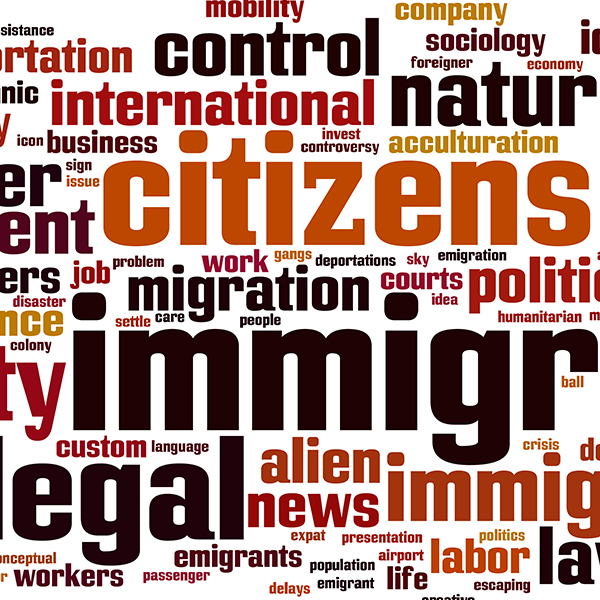 Precarity by Design: Governance Gaps, Refugee Resilience, and Policy Lessons from Lebanon
Precarity by Design: Governance Gaps, Refugee Resilience, and Policy Lessons from Lebanon
 A Legal First or a Lone Victory? The Precedent and Pitfalls of Lebanon’s First Migrant Slavery Case
A Legal First or a Lone Victory? The Precedent and Pitfalls of Lebanon’s First Migrant Slavery Case
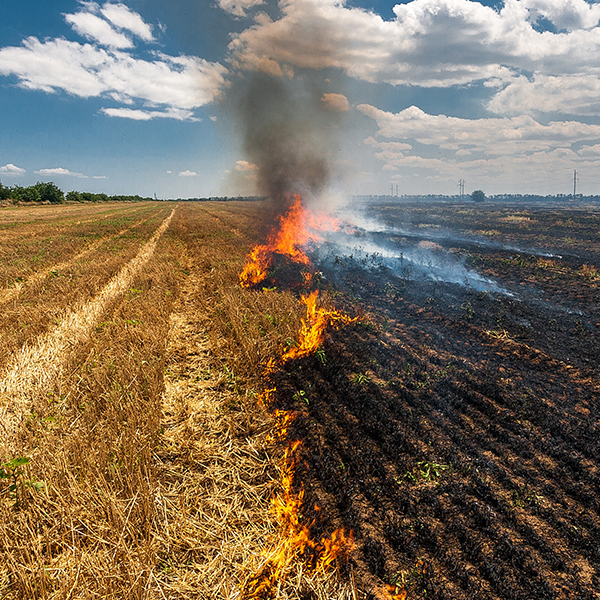 White Phosphorus, Displacement and the Precarity of Return to South Lebanon
White Phosphorus, Displacement and the Precarity of Return to South Lebanon
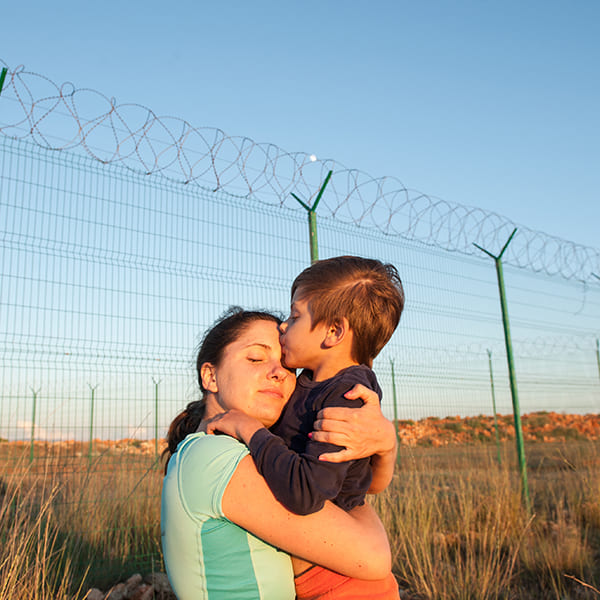 Resilience, Return, and Inclusive Governance in Post-Assad Syria
Resilience, Return, and Inclusive Governance in Post-Assad Syria
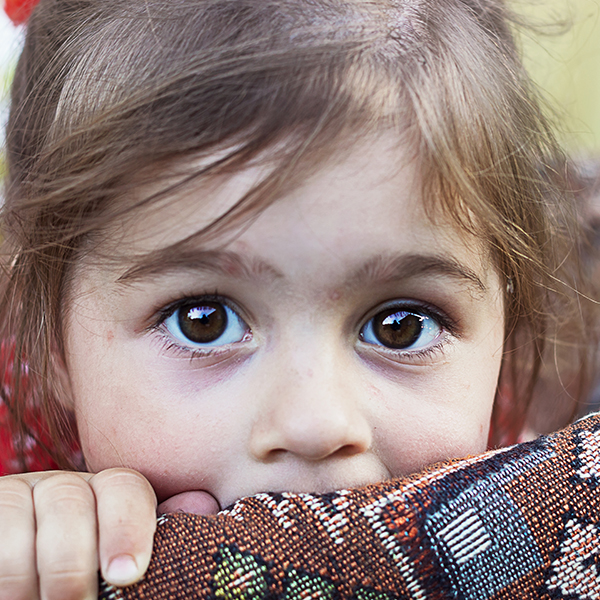 Invisible Struggles: Gender-Based Violence and the Displaced Dom Community in Lebanon
Invisible Struggles: Gender-Based Violence and the Displaced Dom Community in Lebanon
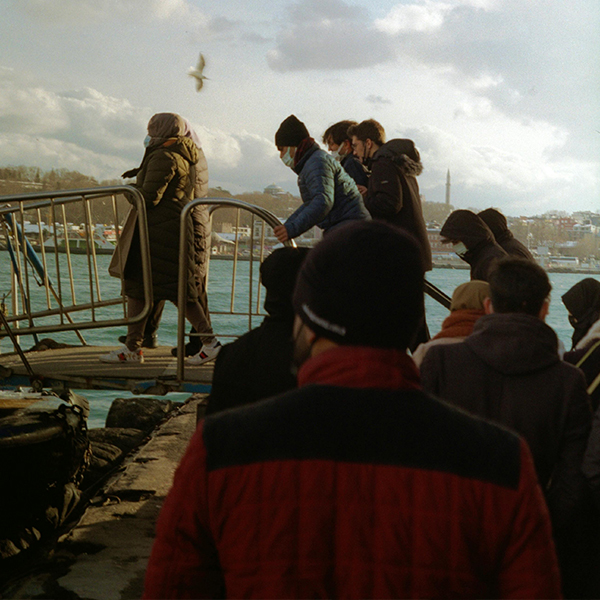 The Legal and Cultural Clash Between Muslim Migrants From the Mena Region and European Countries
The Legal and Cultural Clash Between Muslim Migrants From the Mena Region and European Countries
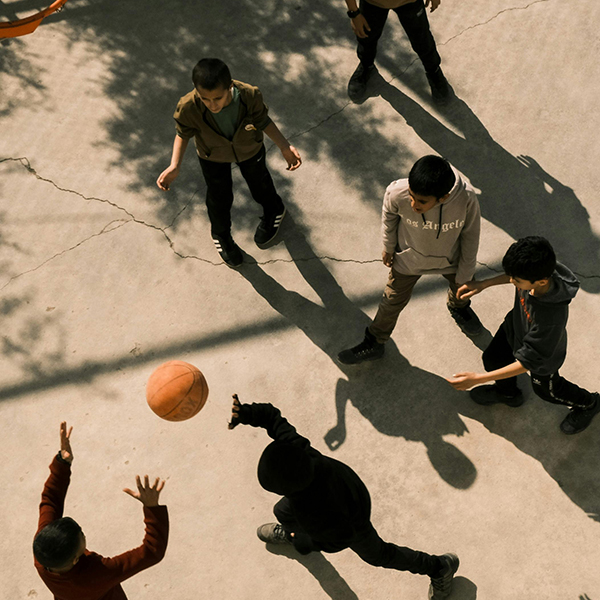 Bridging Divides: Sports as a Tool for Social Cohesion in Lebanon
Bridging Divides: Sports as a Tool for Social Cohesion in Lebanon
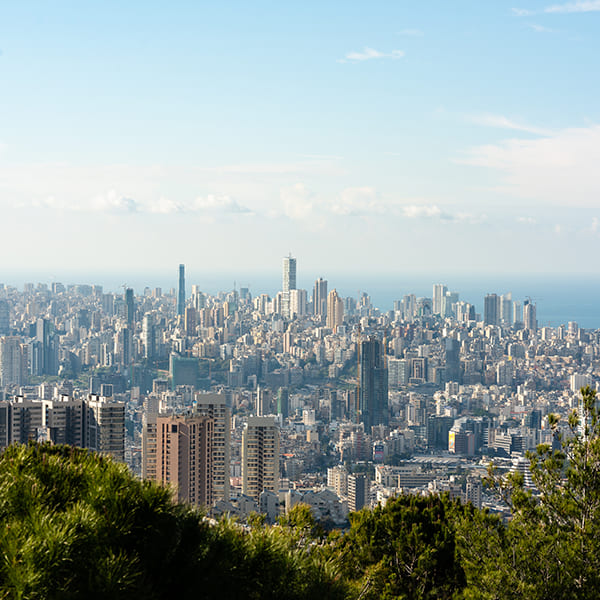 Bright vs. Blurred Boundaries: Social Resilience and Ethnoreligious Dynamics During the 4th Lebanon War
Bright vs. Blurred Boundaries: Social Resilience and Ethnoreligious Dynamics During the 4th Lebanon War
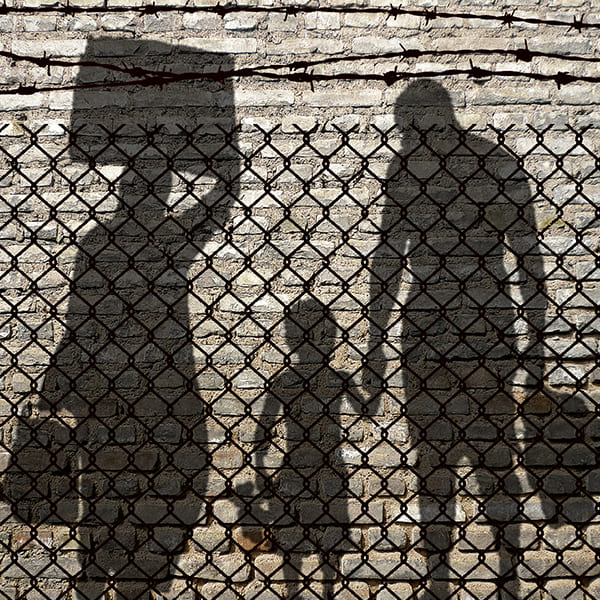 Voices from the Margins: Grassroots Resilience in the Face of Statelessness in Lebanon
Voices from the Margins: Grassroots Resilience in the Face of Statelessness in Lebanon
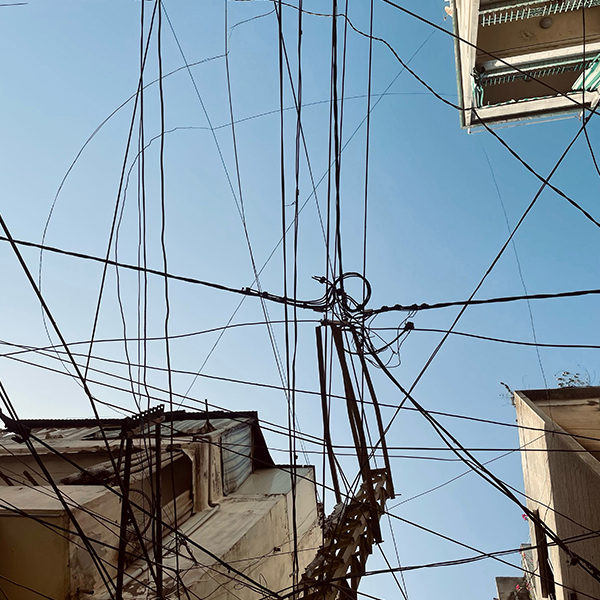 Intersections of Vulnerability or Power?: Individual Efforts to Shelter LGBTIQ+ Displaced People in Beirut
Intersections of Vulnerability or Power?: Individual Efforts to Shelter LGBTIQ+ Displaced People in Beirut
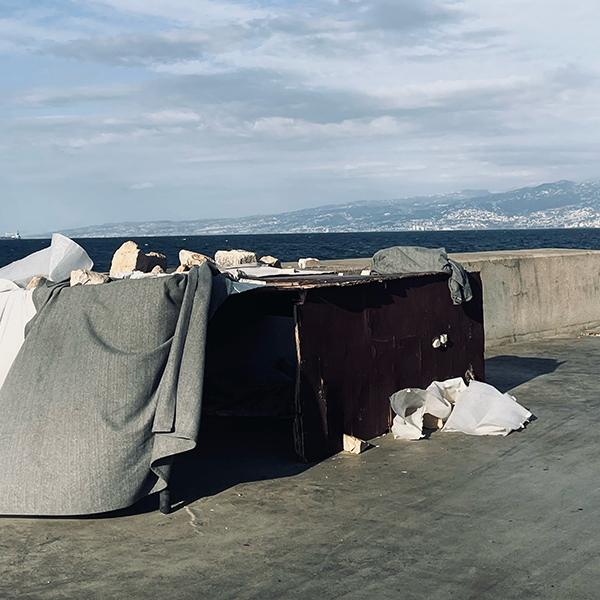 Living in the Social Fabric’s Cracks: The Shelter Crisis in a Highly Privatized Beirut
Living in the Social Fabric’s Cracks: The Shelter Crisis in a Highly Privatized Beirut
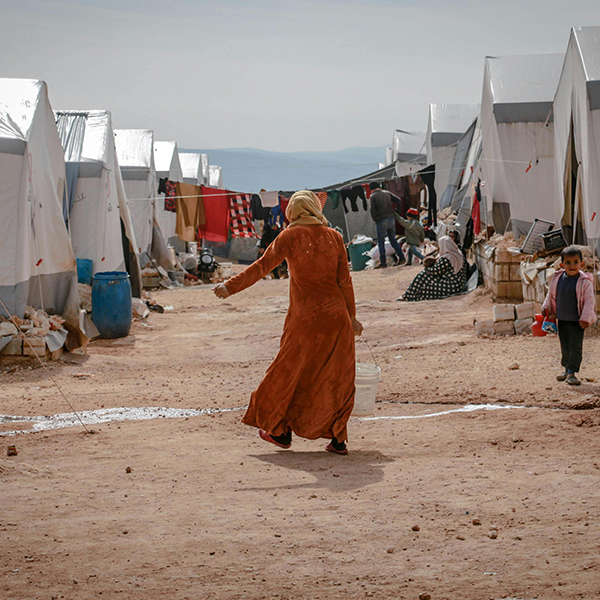 Gendered Realities: Evaluating GBV Services for Syrian Refugees in Lebanon Amid Forced Displacement and Migration
Gendered Realities: Evaluating GBV Services for Syrian Refugees in Lebanon Amid Forced Displacement and Migration
 The Case of Somalia in Discussing the Role of Diaspora Communities in Conflict Resolution
The Case of Somalia in Discussing the Role of Diaspora Communities in Conflict Resolution
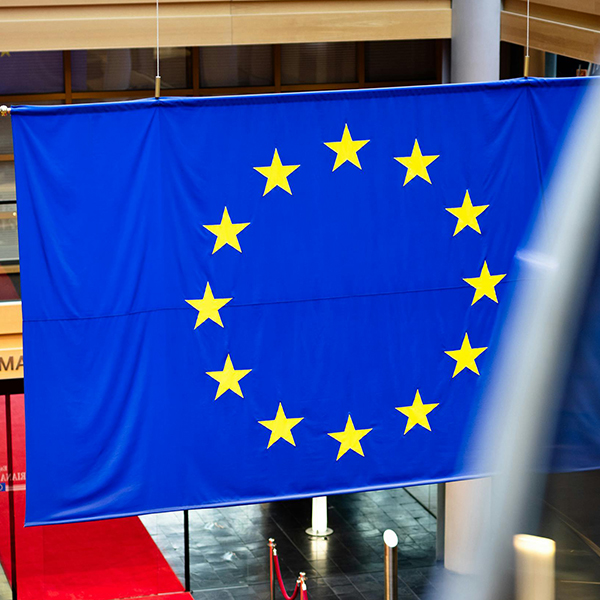 The EU’s Pact on Migration and Asylum: Progress or Setback?
The EU’s Pact on Migration and Asylum: Progress or Setback?
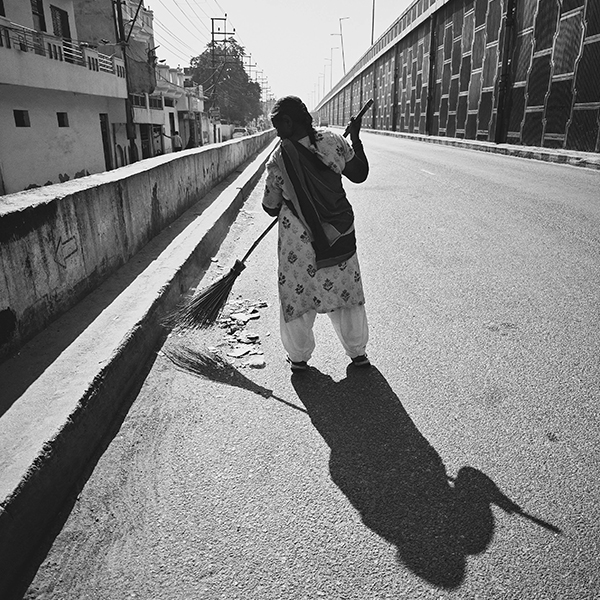 The Deservingness of Feeling Anxious: Where are Migrant Domestic Workers in the War Narrative?
The Deservingness of Feeling Anxious: Where are Migrant Domestic Workers in the War Narrative?
 Unprepared and Unsupported: Lebanon’s Migrant Workers Amid Surging Israeli Attacks
Unprepared and Unsupported: Lebanon’s Migrant Workers Amid Surging Israeli Attacks
 Exposing the Harsh Reality of Migrant Domestic Workers
Exposing the Harsh Reality of Migrant Domestic Workers
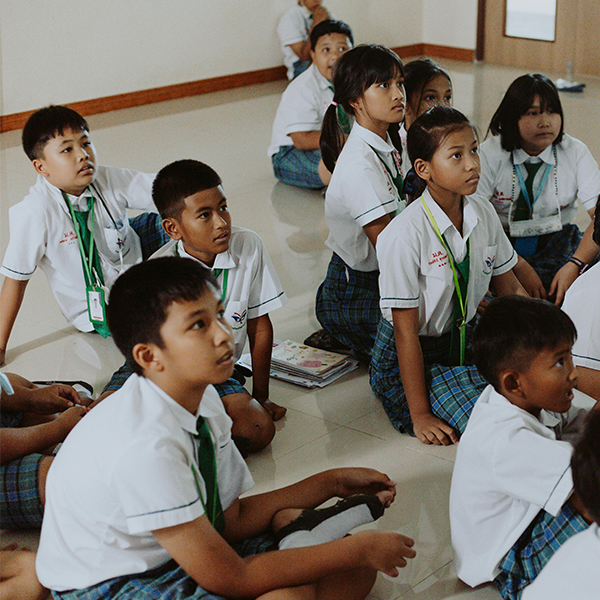 Tackling Barriers in Education for Refugees in Crisis Situations: Is a Universal Curriculum the Solution?
Tackling Barriers in Education for Refugees in Crisis Situations: Is a Universal Curriculum the Solution?
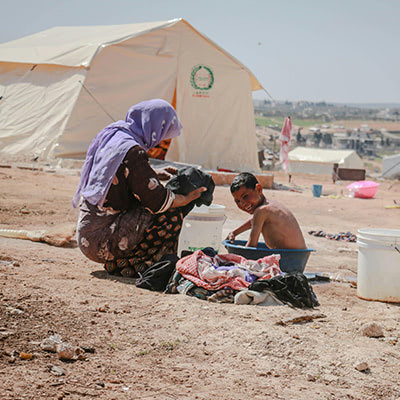 Migration Diplomacy in Lebanon: Its Transit Role, Issue Linkages and Mutual Gains
Migration Diplomacy in Lebanon: Its Transit Role, Issue Linkages and Mutual Gains
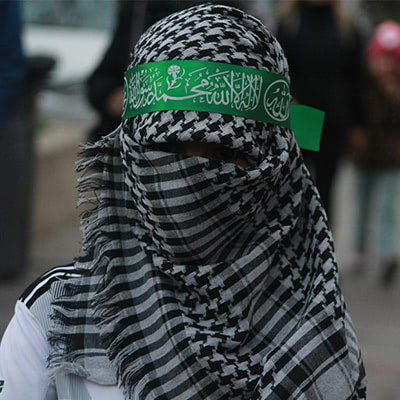 A Challenge for Lebanon’s Sovereignty: The Implications of Palestinian Refugees’ Militarization
A Challenge for Lebanon’s Sovereignty: The Implications of Palestinian Refugees’ Militarization
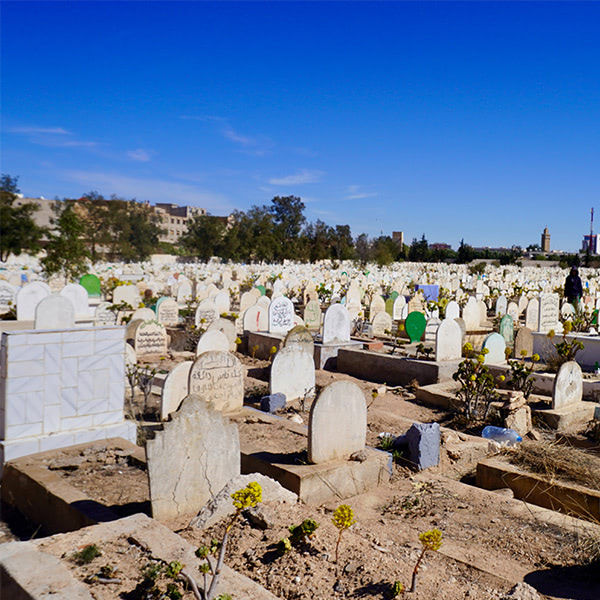 Death, Migration and Identity: Comparing Burial Practices Among Refugees and Migrants in Lebanon and Morocco
Death, Migration and Identity: Comparing Burial Practices Among Refugees and Migrants in Lebanon and Morocco
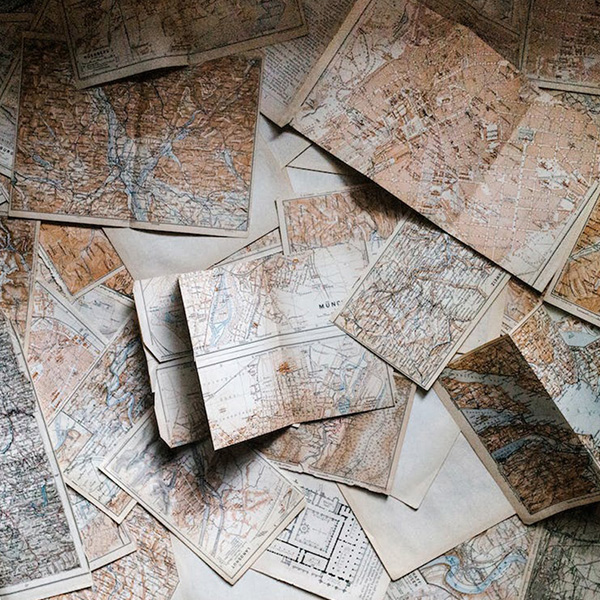 Where Are We Going? Testimonies of Movement, Pain and Exchange
Where Are We Going? Testimonies of Movement, Pain and Exchange
 The Importance of Trauma-Informed Approaches in Research on Displaced and Vulnerable Groups
The Importance of Trauma-Informed Approaches in Research on Displaced and Vulnerable Groups
 Mitigating Period Poverty Among Syrian Refugee Women in Lebanon: How a Local Organization Is Making a Contribution
Mitigating Period Poverty Among Syrian Refugee Women in Lebanon: How a Local Organization Is Making a Contribution
 Don’t Second-Victimize Me: Interviewing GBV Survivors from Displaced Communities Using Trauma-Informed Techniques
Don’t Second-Victimize Me: Interviewing GBV Survivors from Displaced Communities Using Trauma-Informed Techniques
 On Home and Belonging: A History of Exchange Between Greek and Turkish Populations
On Home and Belonging: A History of Exchange Between Greek and Turkish Populations
 Living in Fear After the “Beast” Is Gone: Navigating GBV, Survival and Trauma in Asylum Settings
Living in Fear After the “Beast” Is Gone: Navigating GBV, Survival and Trauma in Asylum Settings
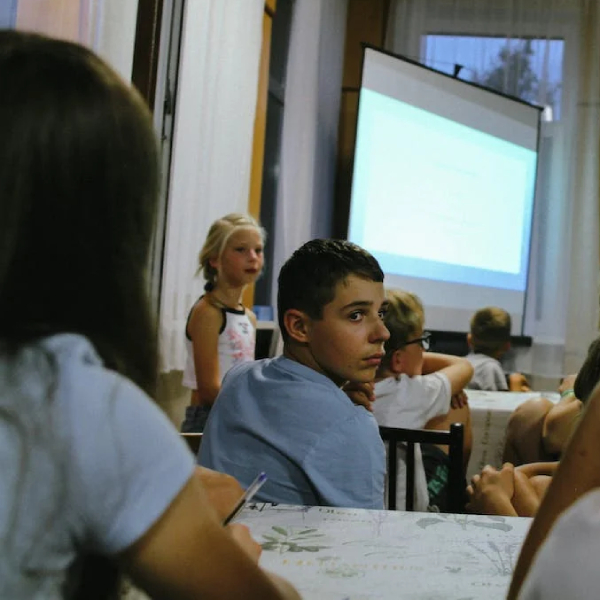 Palestinian and Syrian Refugees’ Access to Education in Lebanon: A Comparative Approach
Palestinian and Syrian Refugees’ Access to Education in Lebanon: A Comparative Approach
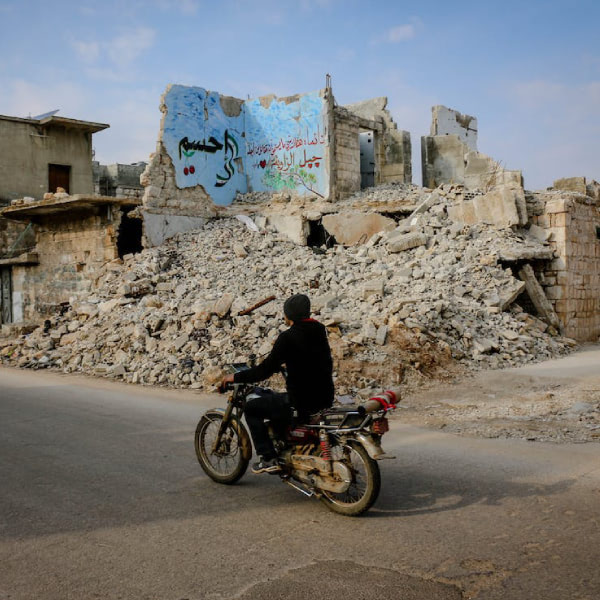 The Role of Humanitarian Architecture in Shaping and Assisting Refugees and Displaced Populations
The Role of Humanitarian Architecture in Shaping and Assisting Refugees and Displaced Populations
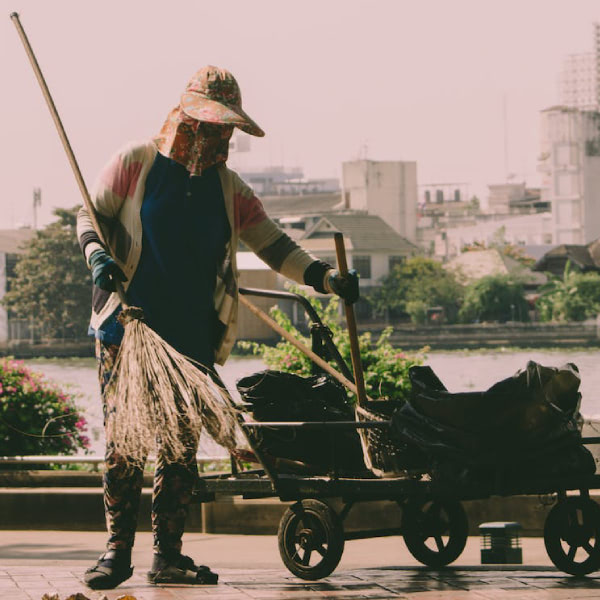 Working Migrant Mothers and Their Children: Overcoming the Consequences of Absence
Working Migrant Mothers and Their Children: Overcoming the Consequences of Absence
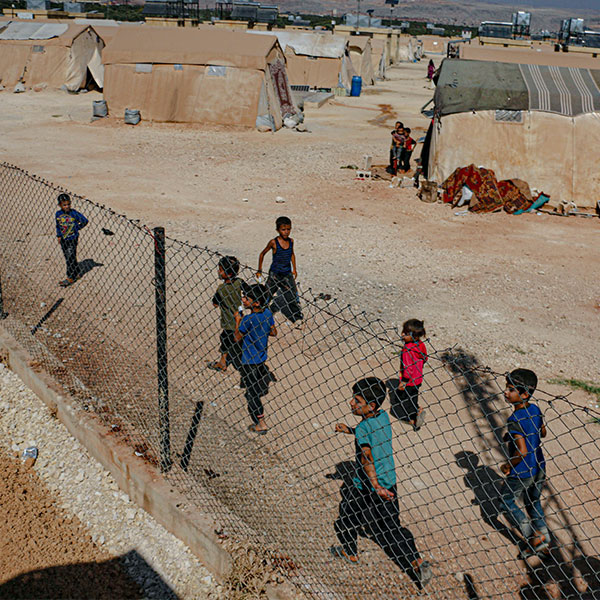 My Neighbor is No Longer an IDP!
My Neighbor is No Longer an IDP!
 From Drought to Disaster? The Debate on the Syrian Conflict and Climate Change
From Drought to Disaster? The Debate on the Syrian Conflict and Climate Change
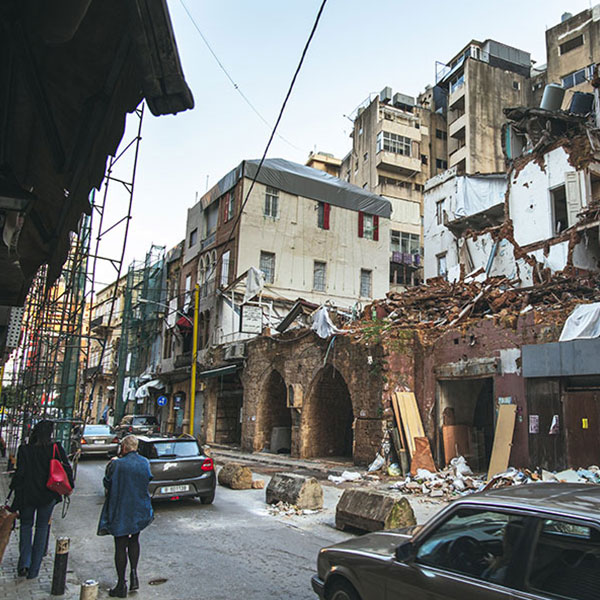 What the Kafala System Continues to Reveal about Lebanon’s Alarming History with Migrant Labor
What the Kafala System Continues to Reveal about Lebanon’s Alarming History with Migrant Labor
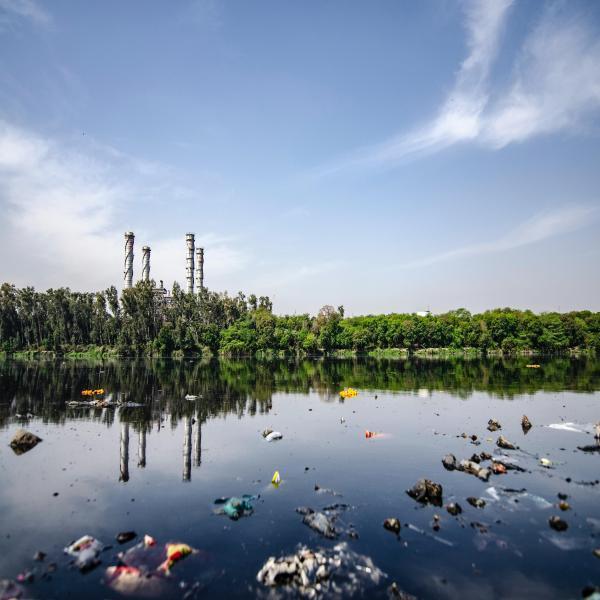 Environmental Determinants of Migration: Air Pollution in Developing Nations
Environmental Determinants of Migration: Air Pollution in Developing Nations
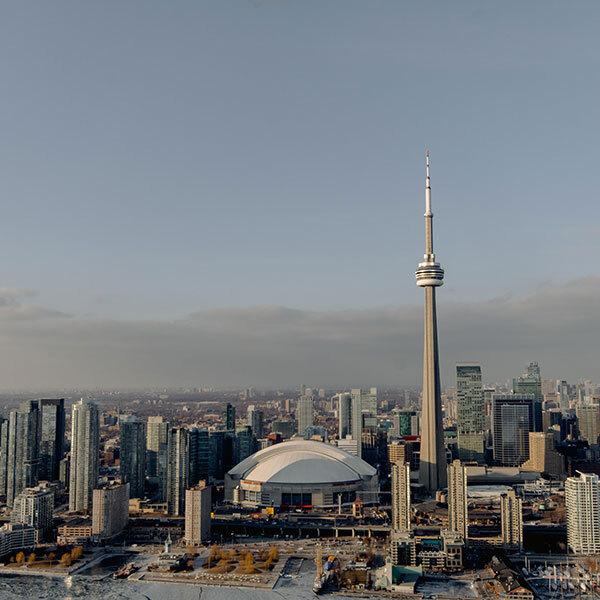 Canada as a Peacemaker and Refugee-friendly Nation in the Middle East: Challenges to Foreign Policy and Influence
Canada as a Peacemaker and Refugee-friendly Nation in the Middle East: Challenges to Foreign Policy and Influence
 The Demographic Landscape of Northern Iraq Post-ISIS: Stranded Minorities
The Demographic Landscape of Northern Iraq Post-ISIS: Stranded Minorities
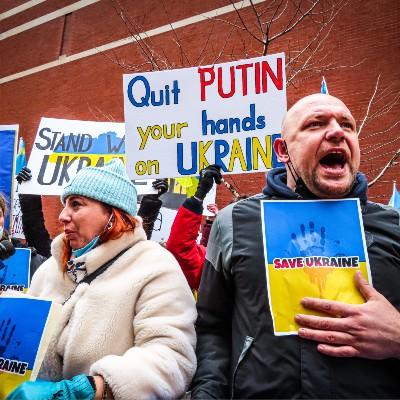 Nationality-based Aid and the Role of Humanitarian Actors in the Making of Non-prioritized Refugees
Nationality-based Aid and the Role of Humanitarian Actors in the Making of Non-prioritized Refugees
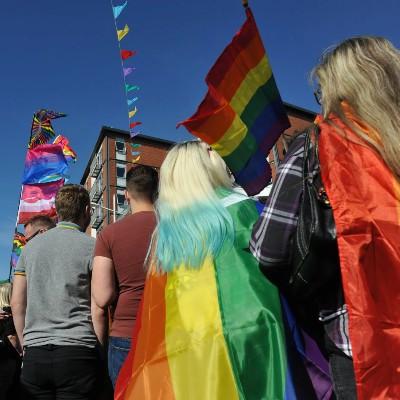 Working with LGBTIQ+ Persons in Forced Displacement: Narratives from Afghanistan and Lebanon
Working with LGBTIQ+ Persons in Forced Displacement: Narratives from Afghanistan and Lebanon
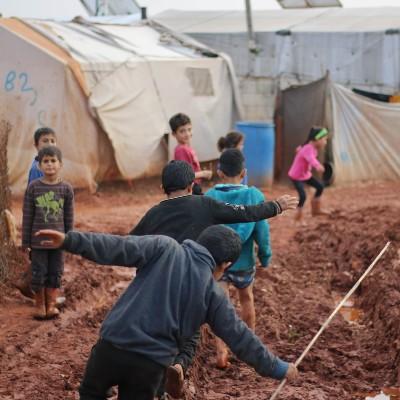 In Lieu of the 1951 Refugee Convention: The Role of UNHCR-Host State Memoranda of Understanding in the Middle East
In Lieu of the 1951 Refugee Convention: The Role of UNHCR-Host State Memoranda of Understanding in the Middle East
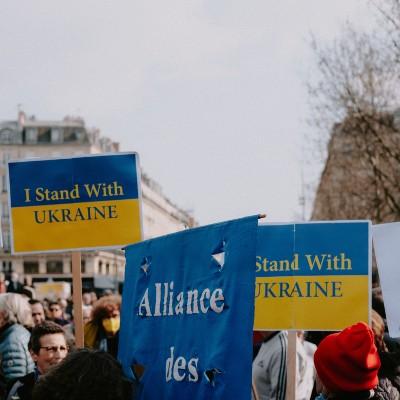 The Challenges of EU Temporary Protection: Double Standards vs. Durable Solutions
The Challenges of EU Temporary Protection: Double Standards vs. Durable Solutions
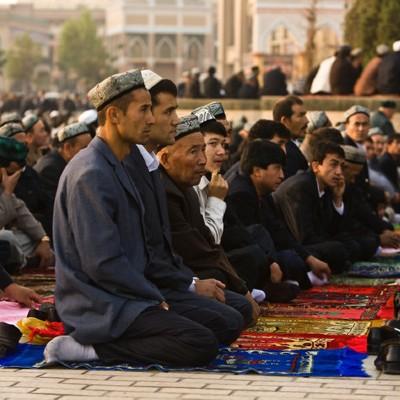 Integration and Mental Health: The Case of the Uyghur Diaspora
Integration and Mental Health: The Case of the Uyghur Diaspora
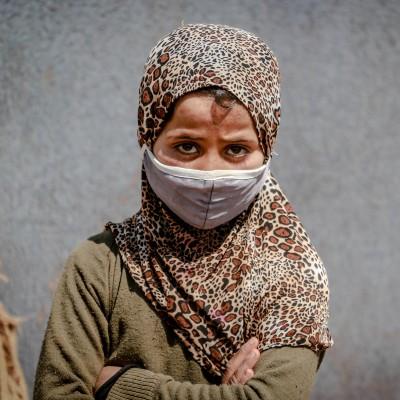 Displaced Inside and Outside Borders: The Fate of Afghan Refugees During and Following American Evacuation
Displaced Inside and Outside Borders: The Fate of Afghan Refugees During and Following American Evacuation
 The Role of NGOs within Search and Rescue Activities at Sea
The Role of NGOs within Search and Rescue Activities at Sea
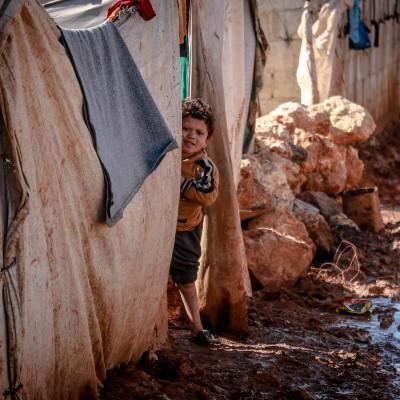 Defining Persecution: The Case of Climate Refugees and the 1951 Convention
Defining Persecution: The Case of Climate Refugees and the 1951 Convention
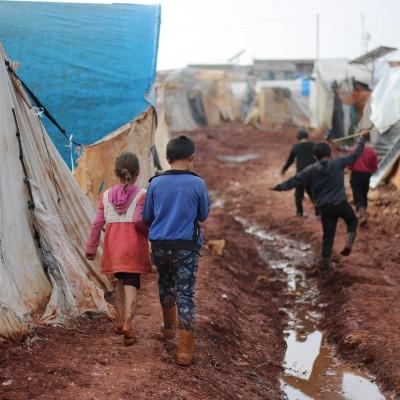 Childhood and Displacement in Yemen’s Protracted Crisis
Childhood and Displacement in Yemen’s Protracted Crisis
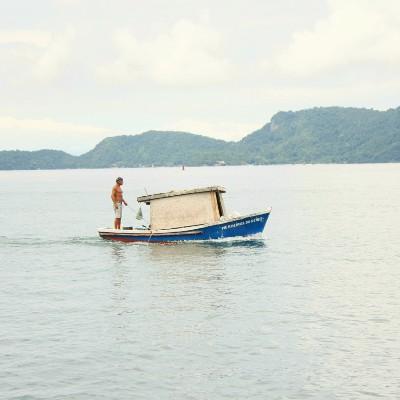 Mercy at Sea in a Post-Pandemic World: The Story of a Migrant Fisher
Mercy at Sea in a Post-Pandemic World: The Story of a Migrant Fisher
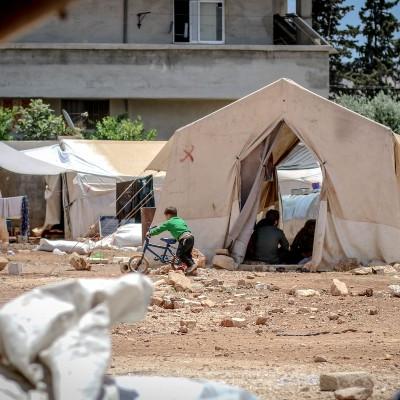 The Role of Complementary Pathways for Refugees in Light of Resettlement Gaps
The Role of Complementary Pathways for Refugees in Light of Resettlement Gaps
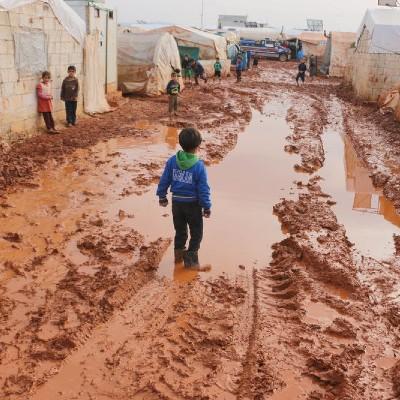 Environmental Migration at the International Level: What’s There, What’s Not, and What’s Needed?
Environmental Migration at the International Level: What’s There, What’s Not, and What’s Needed?
 The Dom in Lebanon: Citizens, Migrants, Refugees and Nomads
The Dom in Lebanon: Citizens, Migrants, Refugees and Nomads
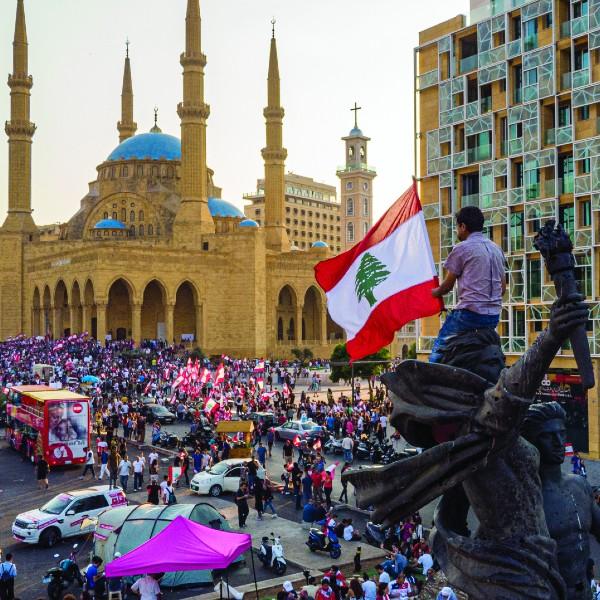 The Lebanese Trend of Emigration: A New Peak Since 2019?
The Lebanese Trend of Emigration: A New Peak Since 2019?
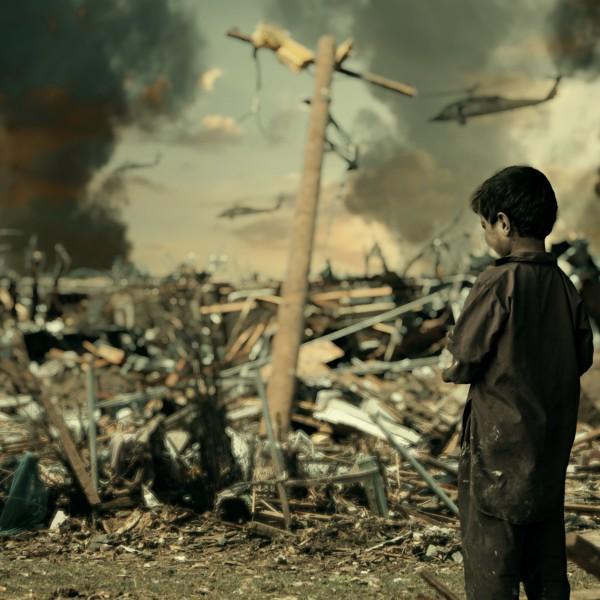 Lebanon: A Country of Refuge or Transit?
Lebanon: A Country of Refuge or Transit?
 Virtual Borders: A Perpetuation of Lebanese Quandary?
Virtual Borders: A Perpetuation of Lebanese Quandary?
 The Role of the Lebanese Diaspora in the Country’s Upcoming Elections
The Role of the Lebanese Diaspora in the Country’s Upcoming Elections
 The Lebanese Diaspora: From Passive to Retaliatory
The Lebanese Diaspora: From Passive to Retaliatory